The Elite English School, Al Waheda, Deira
Updated November 2016
This mission of Elite school is to “surge forward and reach the pinnacle of institutional and educational glory…”
Students at the school are known as “Elitians.”
The school’s Principal, Vatsala Mathai (also known as Vatsala Mathew), however, has been vocal in her frustration that the degree the school is able to reach “glory” is limited by the school’s inability to substantially increase its fees.
Dubai’s education regulator, the KHDA, restricts the ability of weak schools to increase fees in order to provide an incentive for improvement. However, without increasing fees, Ms Mathai argues that this is impossible.
There is something in the argument if only for Elite. Its fee structure is below even our value segment of fees, running from 4,286 AED at FS stages through to 9,461 in Year 12.
However, sympathy is limited in that this is a school that has drastically increased intake year on year. Between 2010 and 2014 the school role effectively doubled from 600 to 1200 students. In the 12month period to September 2015, the role jumped another 25%, from 1200 to 1605 students.
Crucially, this increase in numbers has not seen an equivalent increase in staff. In fact, the core number of teaching staff has actually reduced from 57 teachers in 2011 when the school role was 930 students, to only 55 teachers in 2015 with 1605 students. The current staff:student ratio of 1:30 is 5 times that of the best Tier 1s.
You would expect such an increase in numbers to have seen very significant investment in new facilities. This is also not the case.
KHDA Inspectors comments are fairly damning:
- The school environment, for the most part, does not inspire learning.
- Resources such as library books, learning technology equipment and (even) basic apparatus in science, are not adequate
- School leaders have a clear understanding of the importance of innovation and its role in establishing a culture of innovation. They had not yet produced a strategic plan or developed a vision to support it.
- School leaders have clearly articulated their commitment to stakeholders to promote innovation – but the school’s use of resources to foster students’ innovation skills is limited.
- School leadership is imposed rather than negotiated. There is no scope for anyone to challenge the decision making of the Head.
- The fact that a policy exists is taken as an assurance that it is actually being carried out.
- Staff training has not improved standards of achievement.
- There had been little improvement over time.
- Any improvement in lesson planning, enhancement classes and in teachers’ use of technology are not widespread.
- There had been no improvement in setting work to match students’ needs.
- Critical thinking skills are not developed.
- Parents are not systematically involved in choosing school priorities for development.
- The premises are only adequate.
- Classrooms are compact and some are overcrowded with too many students for effective learning.
- Space for physical education is only adequate and restricted to just hard surfaces.
- Students have limited access to learning technologies.
- There are shortages in science equipment.
- A significant minority of students and parents are not satisfied with the range of subjects and extracurricular activities; the quality of careers education; the range and quality of resources, including learning technologies; and the extent to which school leaders listened to, and acted on, their views.
- A number of parents and students voice concern on the frequent turnover of teachers and the low quality of some teaching.
- The Principal’s perception of how well the school is doing is completely at odds with the reality and in this mismatch Elite is graded as “Acceptable” – a strong pointer from the KHDA that unless the school accept the issues, it will never be able to improve.
Prospective parents should note that the KHDA has reviewed the school on its new scale which replaces its earlier four-stage grading (Unsatisfactory, Acceptable, Good, Outstanding) with a six-point scale running through Very weak; Weak; Acceptable; Good; Very good and Outstanding awards.
If the overall picture is bleak, it is clear that in one area, the provision of Special Educational Needs [SEN], the Principal is genuinely committed to protecting the school’s most vulnerable children. Special classes for these children are highly effective and the school does invest in specialist teaching. The issue here, however, is that there are only 43 children identified with Special Educational Needs in the school – less than 3% of the school role. The investment in SEN needs to be replicated across the school.
Prospective parents should note that the school is not accessible for disabled children and the school has none on role.
It is very difficult to review schools like Elite. It operates with very low levels of fees, and many parents simply cannot afford more. Inevitably the only tool left for such schools to improve capacity and attainment is to increase the school role.
Here however, the increased school role seems to have generated levels of income/profit that have not been re-invested in the school. With teacher levels (the highest on-going cost of any school) actually reducing, and facilities worsening, you have to question where the new revenue is going.
If the school continues to increase its role at current levels, already straining facilities and poor levels of teacher provision will degrade further. Over-crowding is clearly identified by the KHDA, and facilities are not at appropriate levels for a school to provide anywhere near a basic but good standard of education for its children.
The picture is a depressing one because in 2010 Elite had the makings of a genuinely good school, this reflected in KHDA scoring. The KHDA deliberately set out to inspire the school and give it confidence.
This is not a school we can currently recommend to prospective parents, particularly given the ongoing trajectory of the school.
Go to the FULL REVIEW on WhichSchoolAdvisor.comAcceptable
Acceptable
Private, for profit
FS1: 4,153
FS2: 4,153
YEAR 1: 4,449
YEAR 2: 4,449
YEAR 3: 4,868
YEAR 4: 4,868
YEAR 5: 4,746
YEAR 6: 4,746
YEAR 7: 5,042
YEAR 8: 5,042
YEAR 9: 5,285
YEAR 10: 6,039
YEAR 11: 8,844
YEAR 12: 9,167
YEAR 13: NA
Indian CBSE
Central Board of Secondary Education (CBSE), New Delhi
Yes
Notes:
(1) KG1: Selection to Grade KG 1 will depend on the child’s performance at an assessment session to ascertain ability in Independence, Speech and Physical developments.
(2) Grade KG 2 to Grade 9: Based on performance in the "Eligibility Test", Interview with Principal and submission of original certificate showing detailed "annual examination results and promotion to higher class."
(3) "Management reserves the right to reject any admission without assigning any reason."
No
Not published [whichschooladvisor projected MEDIUM)
1,605
1:30
Indian
15%
1993
Al Waheda, Deira, Dubai
Indian (largest nationality)
Special Educational Needs [SEN]: 43
Mixed, co-educational
Not published
Vatsala Mathai ("Vatsala Mathew")
00971 (0) 4 268 8244
40%
40%
46.6%
46.6%
53.3%
40%
40%
46.6%
NA
NA
NA
40%
20%
20%
30%
40%
40%
40%
60%
40%
40%
65%
40%
40%
40%
• Commitment to Special Educational Needs [SEN]
• Very low fees
• Some increase in post-16 subject choices
• Intake rising by double digits
• Teacher numbers reducing
• Overcrowding
• Inadequate facilities















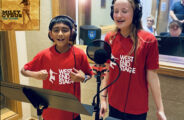





























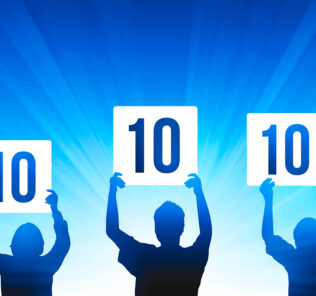



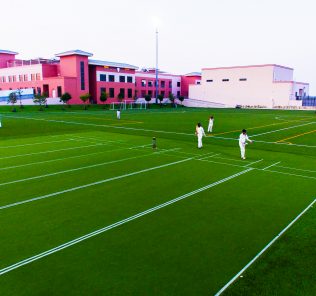
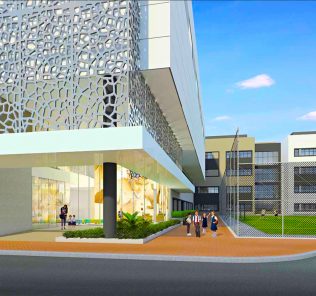

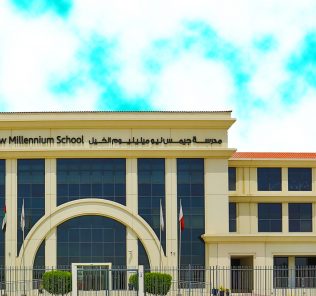
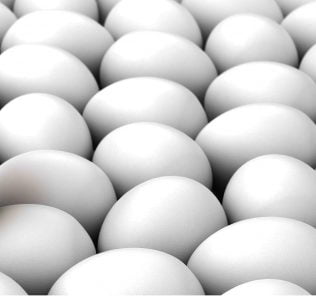
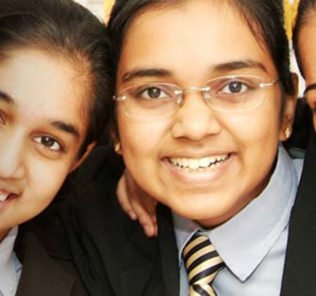
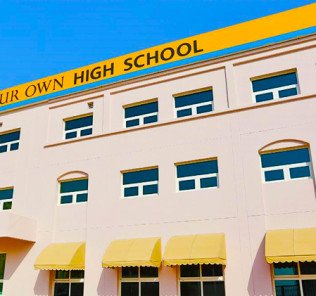
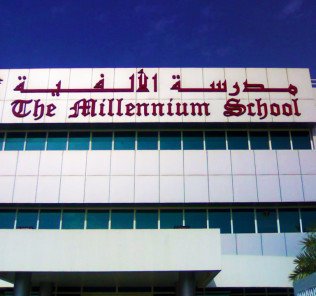
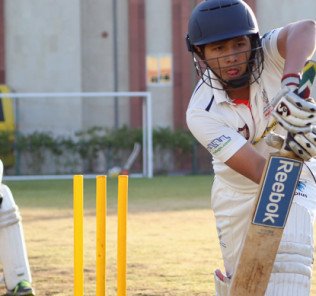

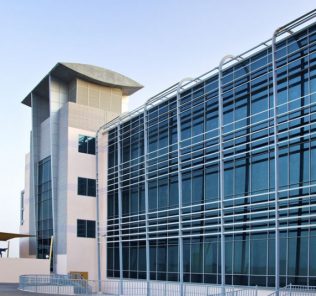
















Leave a Response